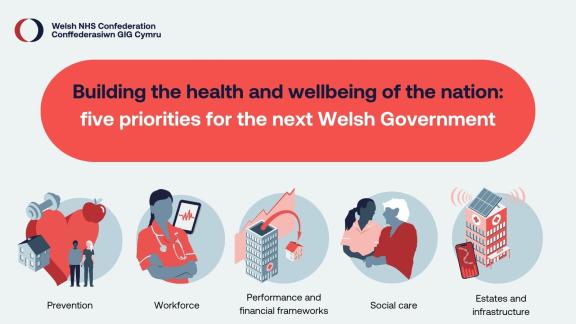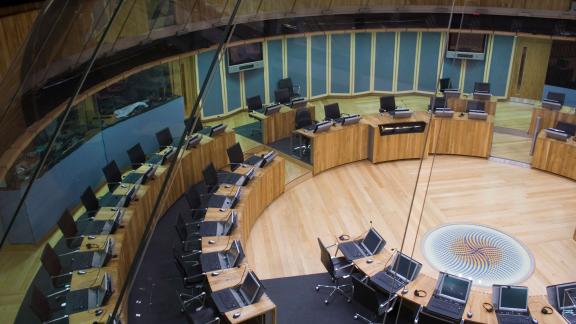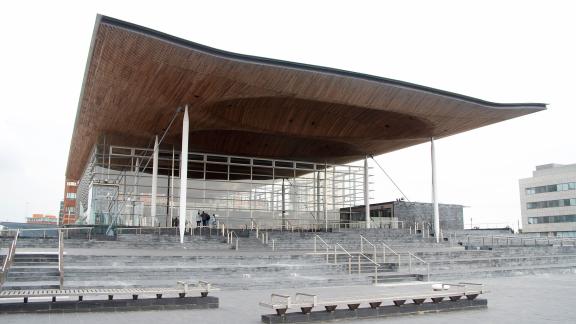Rethink needed on healthcare capital strategy to unlock productivity gains and future-proof NHS

NHS leaders in Wales are urging the next Welsh Government to commit to a comprehensive, 10-year capital investment strategy, including exploring alternative mechanisms to generate capital investment, to enhance productivity and ensure health and care services can meet the needs of the people of Wales.
Six months ahead of the 2026 Senedd election, health and care leaders will convene at Cardiff City Stadium for WelshConfed25 to discuss system priorities and explore innovations. As political parties prepare their manifestos, NHS leaders warn that demographic shifts over the next decade will render current models of care unsustainable without significant reform.
Earlier this year, the Welsh NHS Confederation published NHS leaders’ priorities for the next Welsh Government, highlighting the urgent need for capital investment, including digital infrastructure, and a fundamental rethink of existing mechanisms.
Across the UK, underinvestment in health capital has left NHS estates in disrepair, hindering efficient patient care. The Health Foundation reported that UK health capital investment lagged behind peer nations, with approximately 55% less than the EU-14 and £33 billion less between 2010 and 2024 than comparable OECD countries.
Current fiscal rules restrict NHS organisations in Wales from acquiring or selling surplus land or estate to generate income without Welsh Government approval and local health boards do not have income generation or borrowing powers. NHS leaders are therefore calling on the next Welsh Government to discuss mechanisms to generate more funding for capital investment in the NHS.
With over 60% of the NHS estate over 30 years old and a maintenance backlog nearing £1bn*, existing capital budgets are spent on all but essential maintenance to ensure safety for staff and patients. A multi-year capital investment strategy must cover hospitals, primary care, community services and mental health services. There is also a need for urgent investment in digital infrastructure to enable the NHS to leverage technological and research advancements, including genomics, AI, cyber security and data privacy.
Darren Hughes, director of the Welsh NHS Confederation said:
“Politicians are increasingly discussing prevention and workforce issues, as well as productivity. But capital investment challenges in health and care remain overlooked.
“Current efforts are limited without a major strategy shift, including exploring new options for funding. Outdated infrastructure is limiting staff efficiency, stifling innovation and hindering productivity. A multi-year capital strategy covering the breadth of healthcare services would boost productivity, improve safety, reduce waiting lists, improve the working environment for staff, support community-based care and transform services through digital technology.
“Analysis by Carnall Farrar shows that for every £1 spent per head on the NHS, there is a corresponding return on investment of £4.31. Investment in NHS infrastructure not only strengthens healthcare but also drives economic growth through employment and local development.
“Unless we start taking capital investment seriously, we will not have a health and care system fit for the future.”
About us
We are the membership organisation that brings together, supports and speaks for the whole healthcare system in England, Wales and Northern Ireland. The members we represent employ 1.5 million staff, care for more than 1 million patients a day and control £150 billion of public expenditure. We promote collaboration and partnership working as the key to improving population health, delivering high-quality care and reducing health inequalities.



